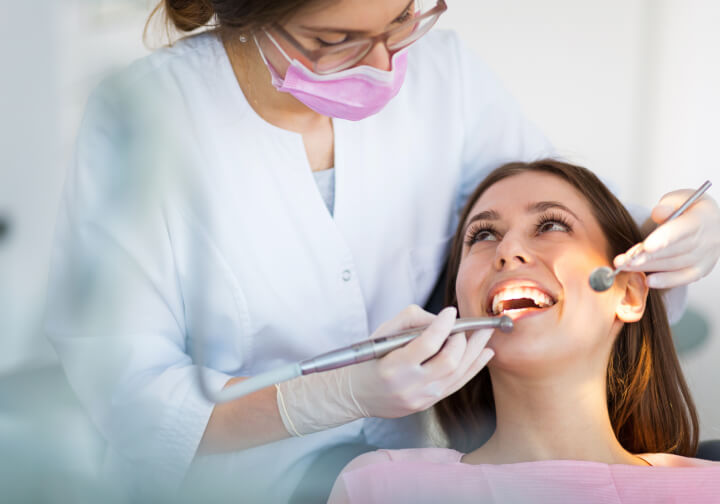
How to take proper care of your teeth and oral hygiene
Oral hygiene is key in maintaining healthy teeth and gums, and not just for fresh breath. Proper dental and oral care can prevent a number of health problems, including tooth decay, gum disease and even tooth loss. So, how do you go about good dental care and oral hygiene?
Regular and thorough brushing
Regular brushing is a fundamental building block of oral hygiene. You should brush your teeth at least twice a day, ideally in the morning and evening, for at least two minutes. Proper technique involves making gentle circular movements with your toothbrush to remove plaque without damaging your gums.
Which toothbrush to choose?
Use a toothbrush with soft or medium-hard bristles that are gentle on the gums. Electric toothbrushes are also very effective because they make it easier to determine the correct pressure. Some have virtual applications that show the right brushing movements.
Using dental floss
Because the toothbrush does not reach all the gaps between the teeth, plaque and food debris can accumulate. Flossing every day will help you clean these gaps effectively and prevent tooth decay and gingivitis. Clean more significant gaps between your teeth with an interdental toothbrush of the appropriate diameter.
Use of mouthwash
A final rinse with mouthwash is an excellent addition to your daily dental care routine. It helps reduce bacteria in the mouth, freshens breath and may contain fluoride, which strengthens tooth enamel. Mouth rinsing, however, does not replace mechanical brushing and flossing.
Regular visits to the dentist
No matter how meticulous your home dental care is, it is also important to visit the dentist regularly. A preventive check-up at least once every six months is recommended, when your dentist will give you a professional teeth cleaning and check for any problems.
Private dentists offer individual attention and short waiting times. If you are bothered by dental problems such as pain, bleeding gums, or increased sensitivity, don't wait for a regular check-up; see a general dentist immediately. Early treatment can prevent more serious problems from developing and save you the pain and expense of more complex procedures.
